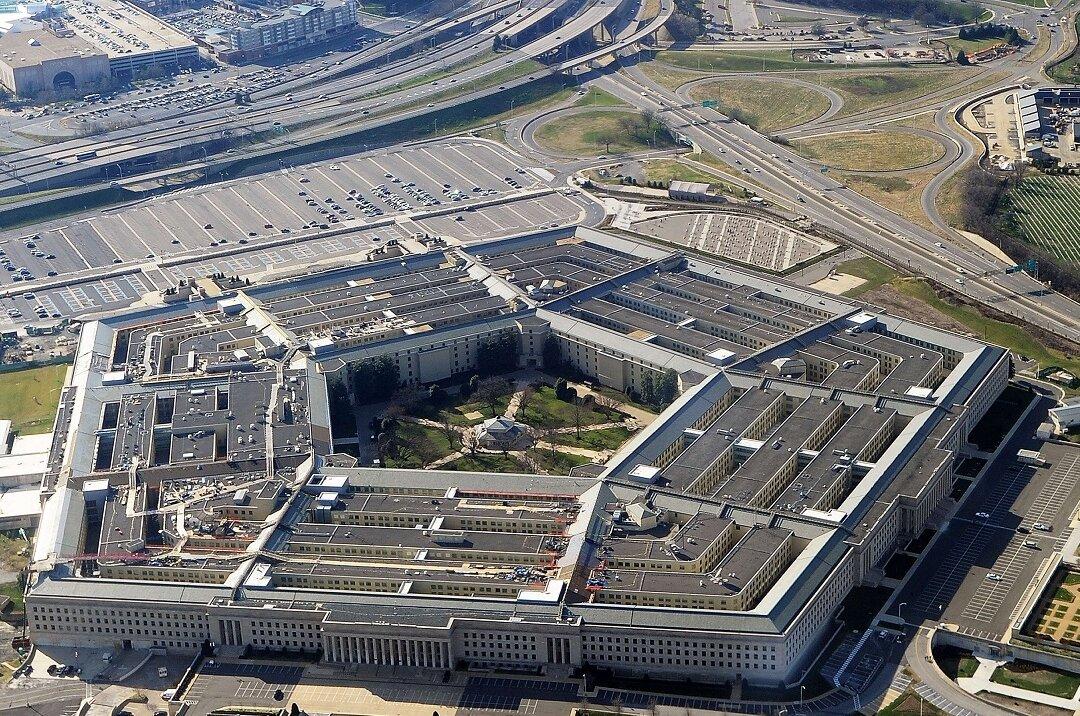The Pentagon announced Sunday that the single U.S. Navy aircraft carrier in the Middle East, the USS Nimitz, will remain on duty in the region amid heightened tensions with Iran.
It marks an abrupt reversal after acting defense secretary Christopher Milller said last week that he was sending the vessel home, a move that had been met with intense opposition by senior military officers.





